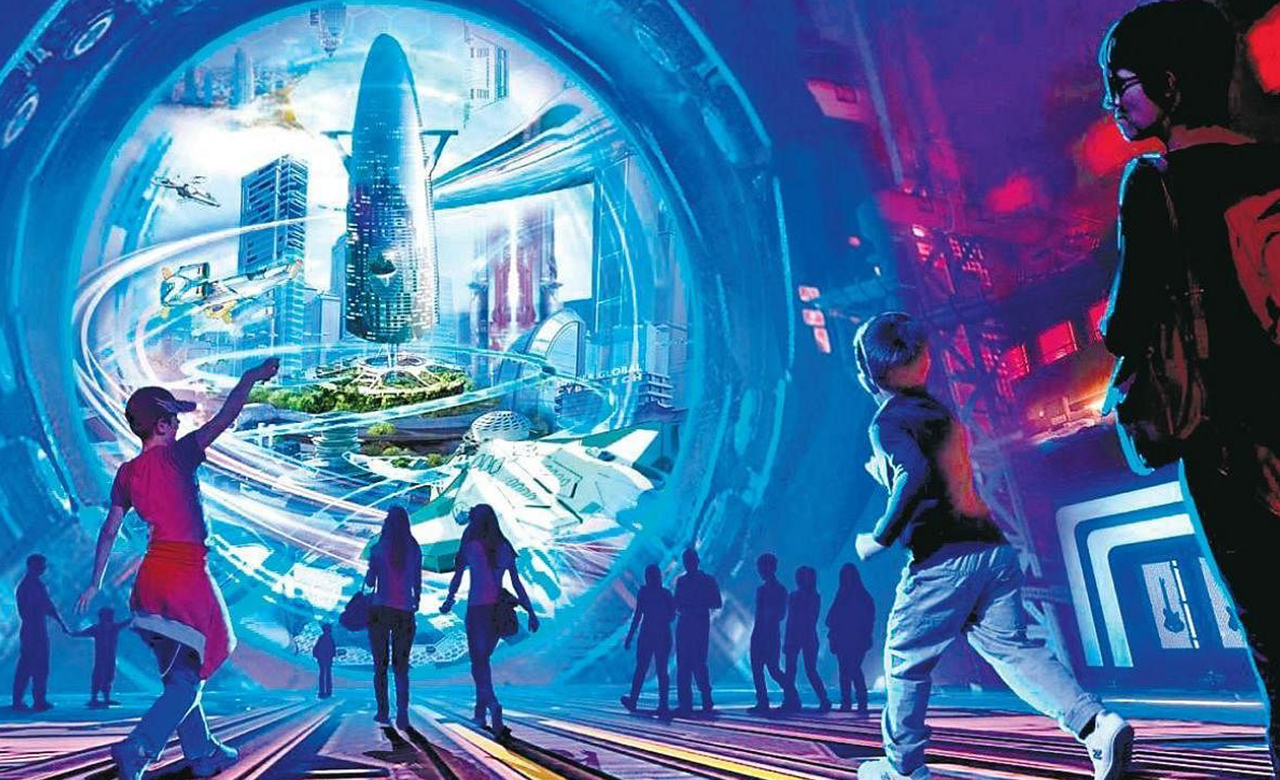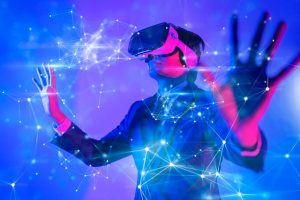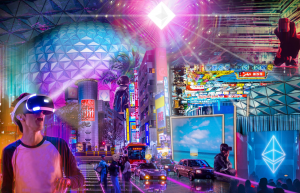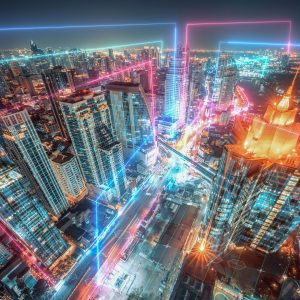
Globally, the pandemic has completely transformed how we work, where we work, and the tools we use to be productive. During this time, a new technology trend has emerged: the ‘metaverse’, a digital universe combining virtual reality and augmented reality to create an immersive experience. It is somewhat like discussing what “the internet” meant in the 1970s when discussing what “the metaverse” means. The building blocks of a new form of communication were being constructed, but no one was sure what it would actually look like. Internet was surely coming, but not every idea about how it would look is correct at the time.
 Unquestionably, internet paved a new way of communication and has helped individuals, organizations and countries in the process of technological development. ‘Metaverse’ is much more diversified, for instance: if one tries to replace “the metaverse” with the word “cyberspace”, the meaning won’t significantly change and the reason behind this transition is that the term isn’t affiliated with a specific type of technology.
Unquestionably, internet paved a new way of communication and has helped individuals, organizations and countries in the process of technological development. ‘Metaverse’ is much more diversified, for instance: if one tries to replace “the metaverse” with the word “cyberspace”, the meaning won’t significantly change and the reason behind this transition is that the term isn’t affiliated with a specific type of technology.
It is predicted that by 2024, the Metaverse market will be worth $800 billion
What is Metaverse?
A metaverse is a simulated digital environment that uses augmented reality (AR), virtual reality (VR), and blockchain, as well as social media concepts, to create immersive worlds that mimic the real world.
Think of Call of Duty or any popular game, but more accessible and pragmatized. Visualize social media as it currently exists, but more integrated and immersive. The notion of the metaverse – recently propelled into the mainstream by Facebook’s rebranding as ‘Meta’ – will transform how we inhabit the world around us.
 Metaverse is an Upcoming Substantial Computing Platform
Metaverse is an Upcoming Substantial Computing Platform
For millions of people today, the internet plays an extremely significant role in acquiring information and services, trading goods, interacting and socializing, and entertaining themselves. It is anticipated that the metaverse will recreate this value of speculation, but it appears to be challenging to portray this variation based on online and offline users.
An amalgamation of Digital Assets with Real World Economic Activities
Metaverse is foreseen to have a sturdy relationship with real-world economies. Whereas, it must have potential for companies and individuals to engage in economic activities for instance, able to trade, build, invest in services, products, and goods. Also, the app store stimulates businesses’ to digitize their functioning so that consumers can have access to the services from any location. This optimized the idea of retail and digital need not be distinct.
As a representation of the next computing plan, technologists seem optimistic of their ideas that the internet will seemingly advance into the metaverse and if the conceptualization is actualized, societies and industries can be rejuvenated like mobile phones.
 Future with Metaverse: Work & Community
Future with Metaverse: Work & Community
‘Metaverse’ impact on the work culture cannot be overlooked due to the unprecedented conditions caused by the pandemic, it has been a tremendous test for the corporate world. Employees had no options but to shift themselves to a hybrid work culture which resulted in integration between real and virtual persona. Introduction to hybrid work culture resulted in an immediate escalation of platforms like Zoom, GoogleMeet, etc. Virtual platforms have enabled an association with a distant location or different time zones to cope with the high level of engagement and productivity in hard times. With lives partially moving back to the new normal, the future of work seems an optimistic approach for an efficient and commodious working environment.
The new normal has drastically changed the standards of online shopping and deliveries, whilst metaverse will flourish accelerate such trend. The concept of visiting physical stores is getting out-of-date. By combining VR and AR, it will be possible to survey brands and their products while being seated in the comfort of one’s home. Moreover, it will empower an enhanced bilateral in-store experience and VR/AR will ascertain to try a diverse variety of products within the store.
The metaverse is another evolution for the tech world with zeal and feasibility to a diverse innovation, whereas the speculation seems blurry because it already has its roots in society. With a resilient nature to tackle the unforeseen future, large-scale digitization is fostered enforcing people to engage themselves in the digital world. Just as computers were in the 80s, the internet in the 90s, or the smartphones in 2000s. Metaverse doesn’t reflect any fictional or sci-fi character anymore, whereas it portrays an evolution of non-fictional innovation in the digital world.